Immigrant literature employs new class format
This semester, the Immigrant Literature class commences its new style class––one that will bring a discussionary style and new texts to the English curriculum. Students look forward to the class for its comprehensive look at the quintessential American experience.
The Immigrant Literature class meets in a discussion style led by Ms. Belanger. In its first semester, the class looks to explore the immigrant cultures of Minnesota and the United States through literature and sometimes personal experience.
The Immigrant Literature class meets in a discussion style led by Ms. Belanger. In its first semester, the class looks to explore the immigrant cultures of Minnesota and the United States through literature and sometimes personal experience.
This year, BSM welcomes its latest addition to the English curriculum: Immigrant Literature. This upperclassmen English course not only takes students through the stories and cultures of specific Minnesota immigrants told through novels and memoirs, but gives them a chance to explore their own paths of history as well.
Besides reading, students must dig even deeper than just understanding works of literature by attending various cultural events. These events not only fortify the content of the texts read in class, but help the participants to see and learn about what their ancestors endured during their first settlements in the U.S. “Through the sharing of stories, we see our own humanity,” teacher and founder of the class Mrs. Belanger said.
In addition to the novels written by immigrants, students in the class are required to research and generate their own stories. Participants in the class dive into their histories and make new discoveries, creating videos, writing about their past, and conducting interviews with some of their eldest family members. “The students are reading one person’s shared story, they are sharing their own stories, and then they are also attending events that are stories shared through a group of people,” Mrs. Belanger said.
The class was created and added to the curriculum to give students a step out of their comfort zone. Multi-cultural literature exposes students to different cultures that they might not typically be acquainted with. Through reading, Ms. Belanger believes students have the chance to travel to any place they want without actually going somewhere. The way the class is laid out––book club style––is especially intriguing to students, because it is a way to have everybody’s voice heard, and every opinion shared.
The course also presents students with a chance to explore their own origins, along with what travels to America were really like for other immigrants through the novels they read. Their first novel, “Nomad Diaries” by Yasmeen Maxamuud, takes them through the life of a Somali refugee who travels to America, teaching and showing them what it was like to be thrown into a new culture.
The stories of Maxamuud and other immigrants instill in the class why groups of people from cultures are who they are or do what they do because of their immigration background. Other books to be read in the class include “Enrique’s Journey” by Sonia Nazario, “The Latehomecomer” by Kao Kalia Yang, “Interpreter of Maladies” by Jhumpa Lahiri, and “Girl in Translation” by Jean Kwok.
Not only is there reading to be done in the classroom, but writing as well. The students are expected to read the novels, and most likely there will be a book-club style discussion on it in class after the story is read. “This really attracts kids who just love reading. They can read the book, discuss it, and write about it,” said Mrs. Belanger.
The writing prompts done for the class help them to dig even further into what the story is and how it connects to them or society. Writing about it also helps them link cultural similarities and differences to the events they must attend. Students must attend three events, such as the “Tents of Witness: Genocide and Conflict” presentation put on by the Academy of Holy Angels Social Justice Club. These events show students in the class first-hand examples and live stories of what being an immigrant is truly like.
Students are drawn not only to the fact that the class is new to the school, but also the set-up and differences it has in comparison to traditional English classes. “I wanted to be in Immigrant Literature because it isn’t like any other class BSM has to offer…I also was interested in a book club style class while being able to share my opinions on many different topics that are raised under the umbrella topic of immigration,” senior Zoe Cave said about being in the class.




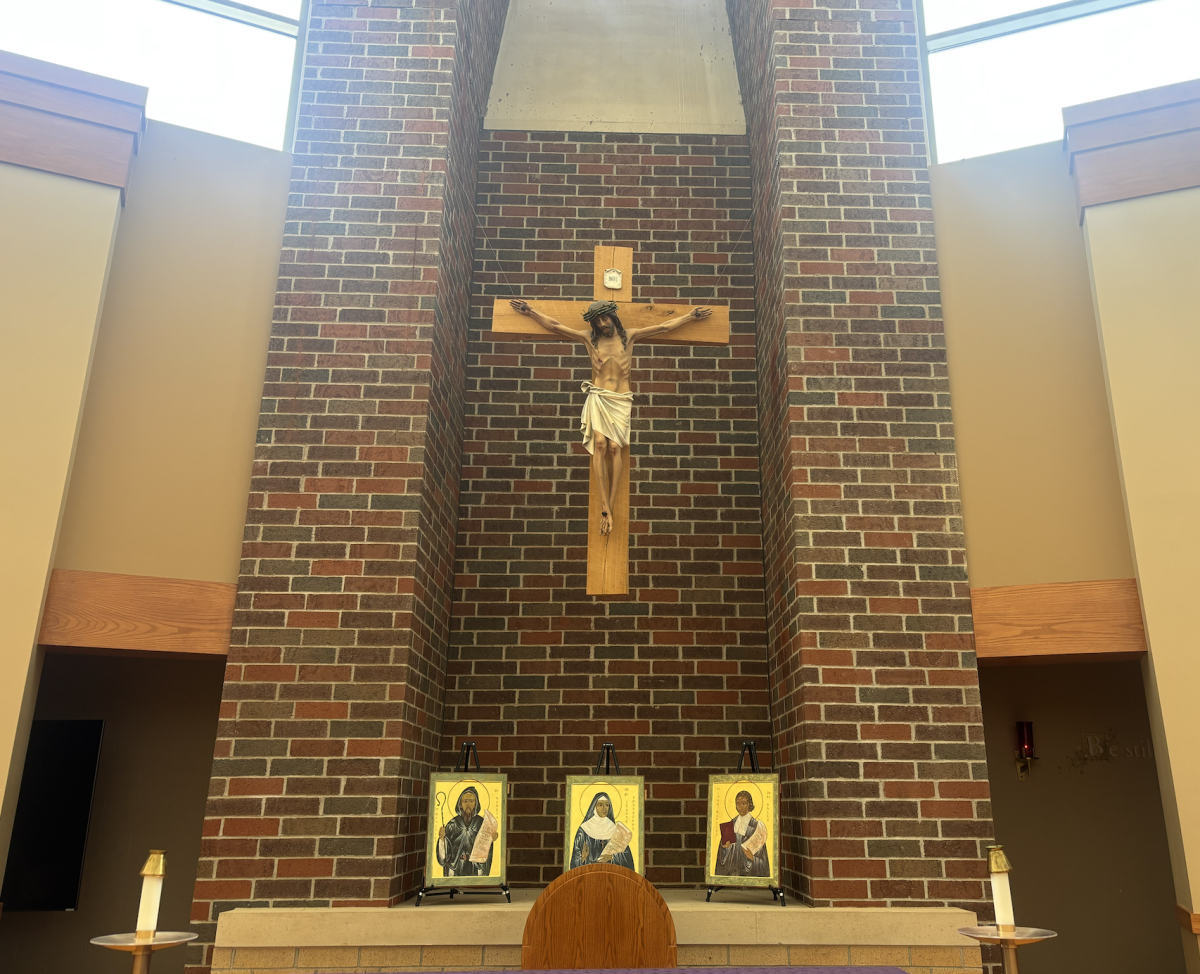
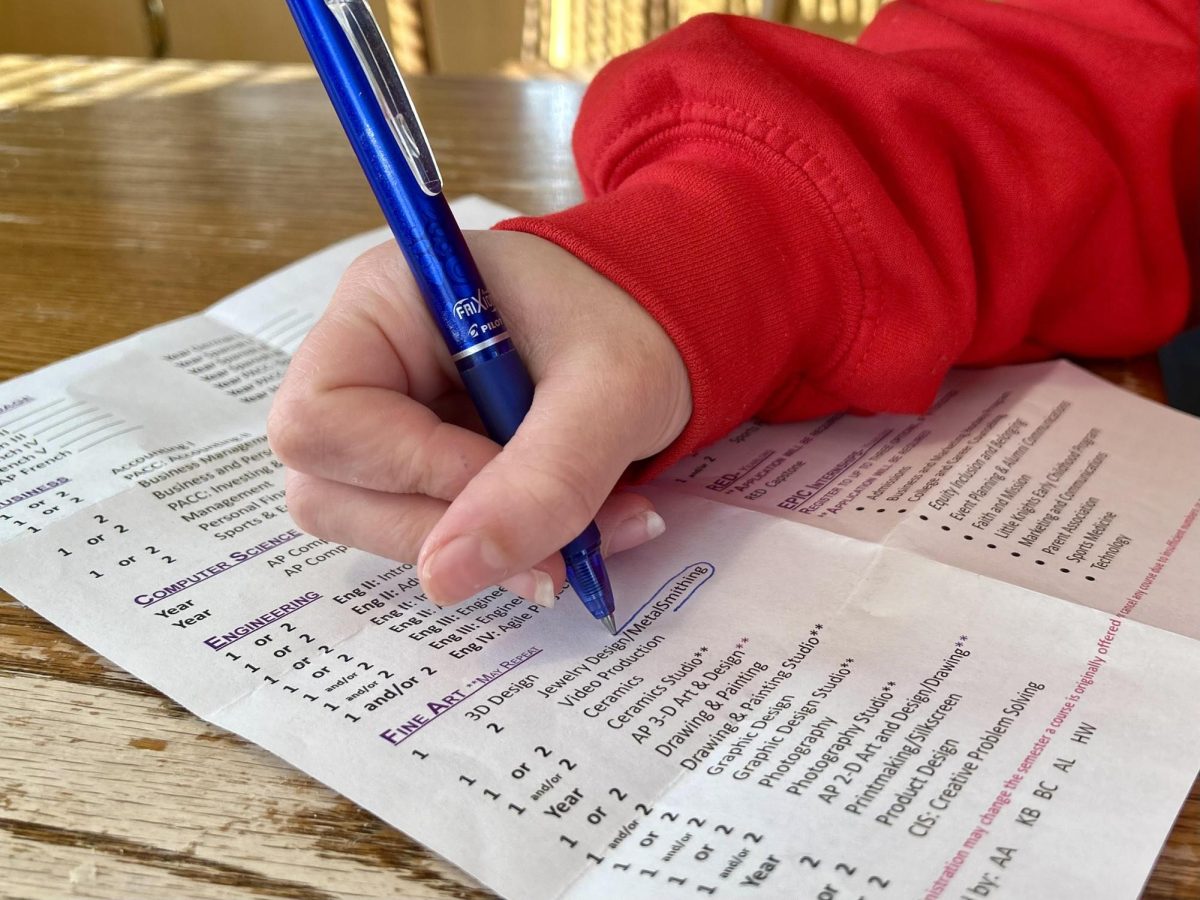
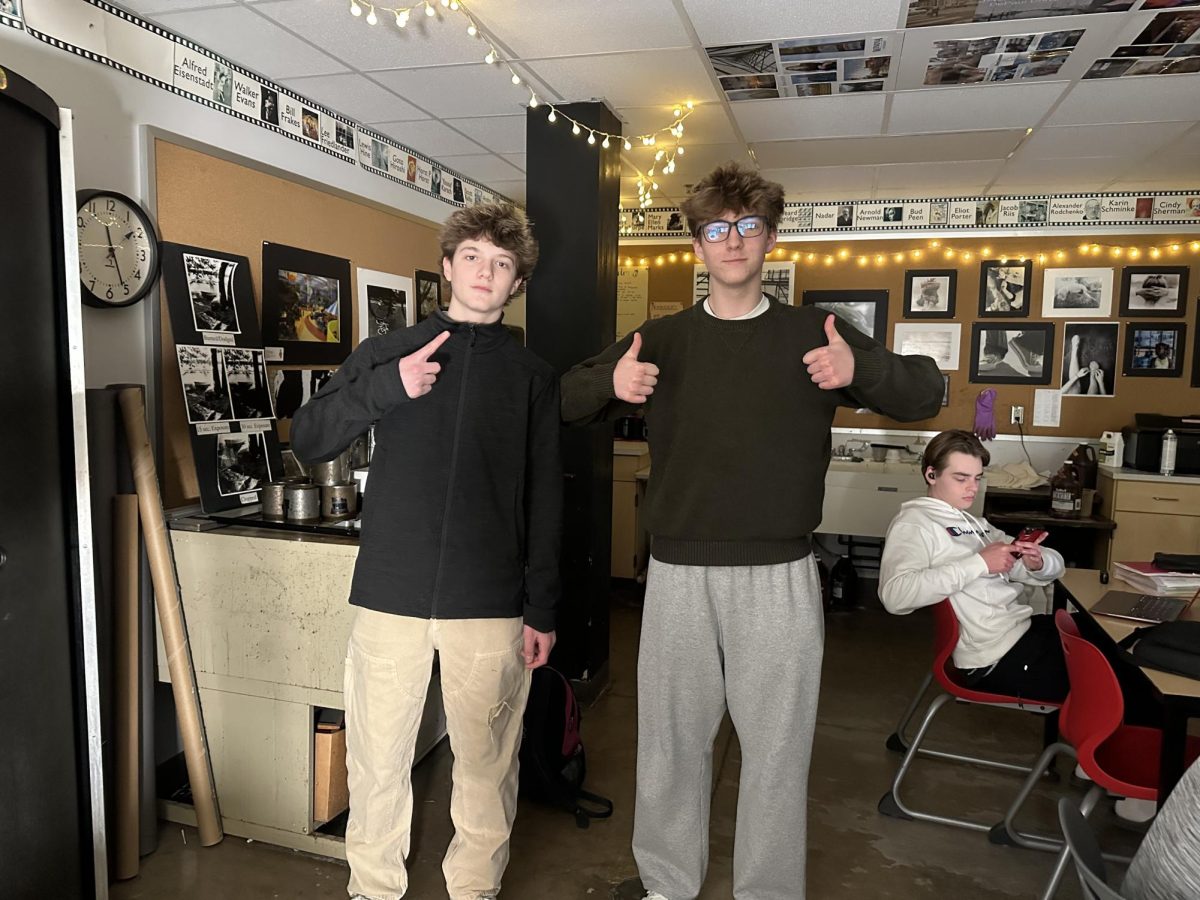
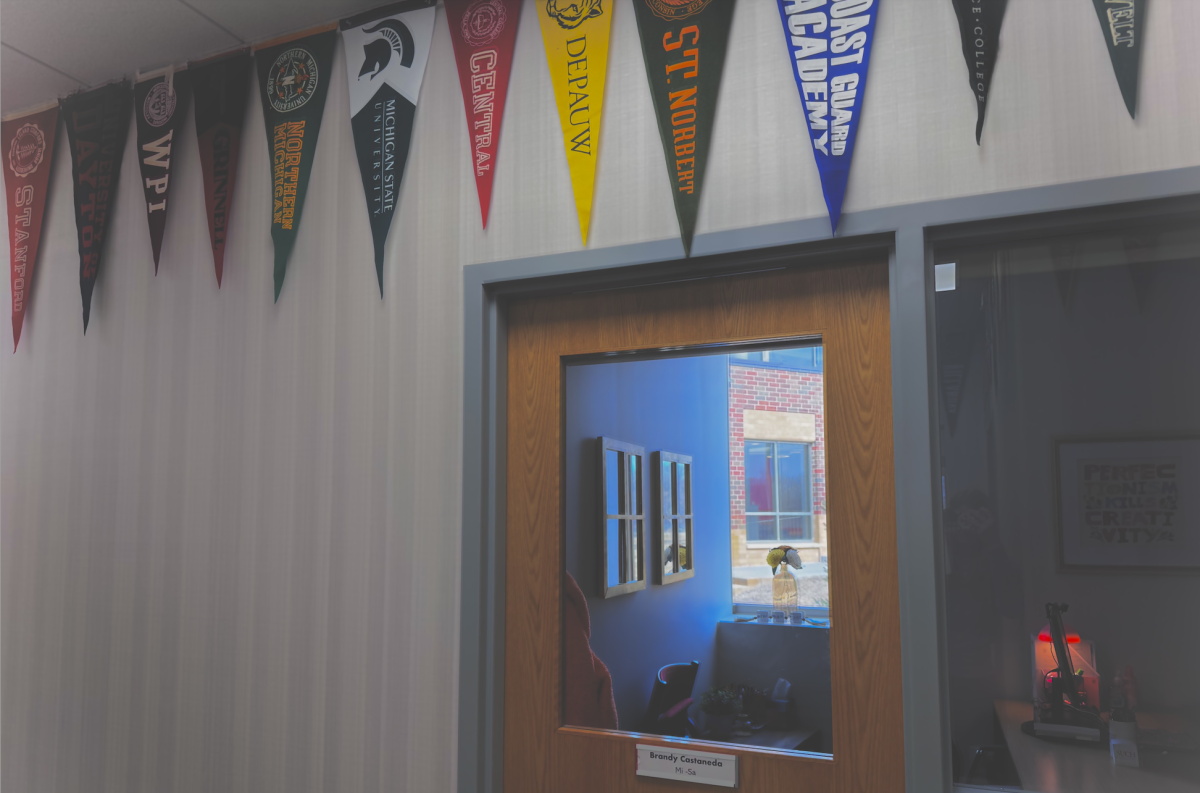

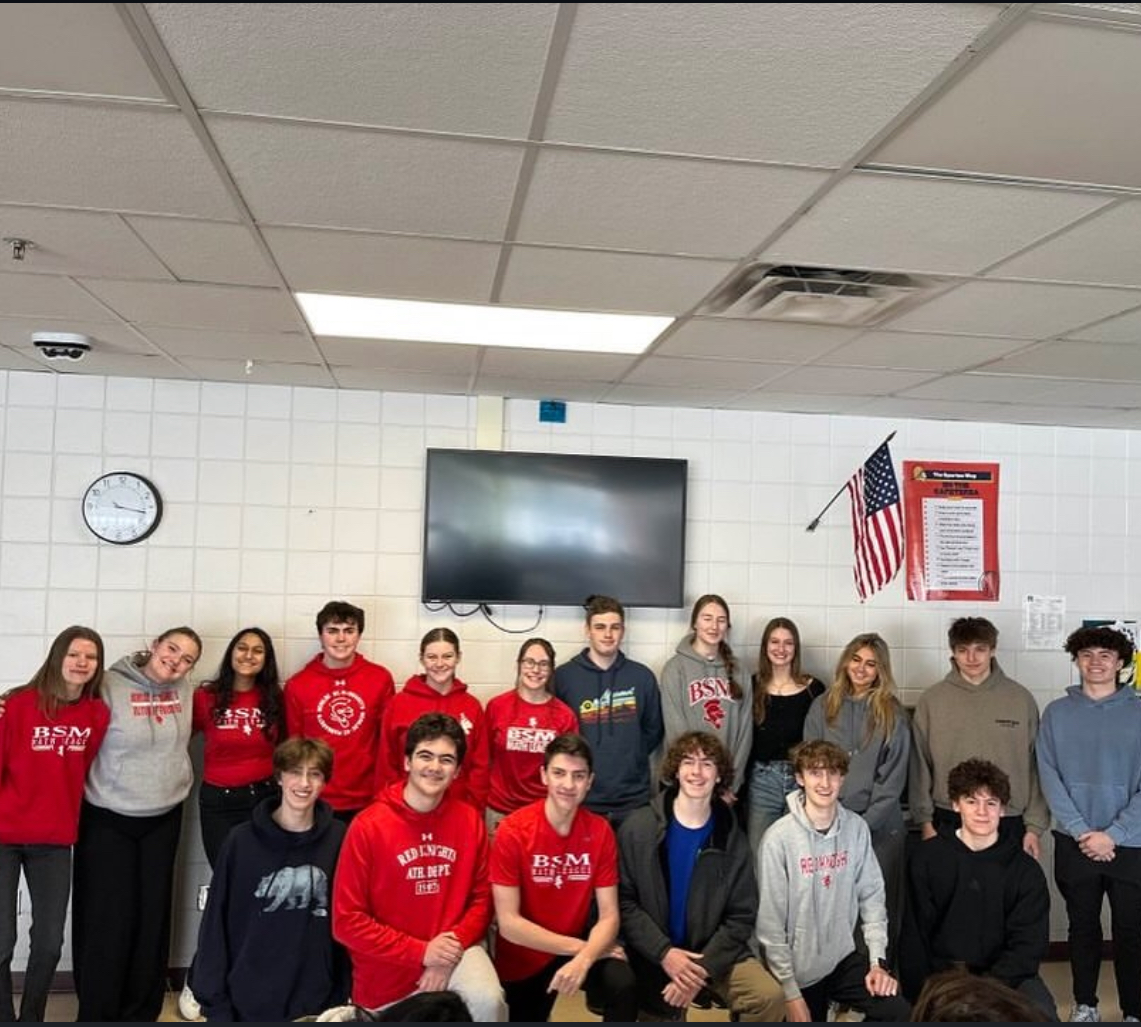
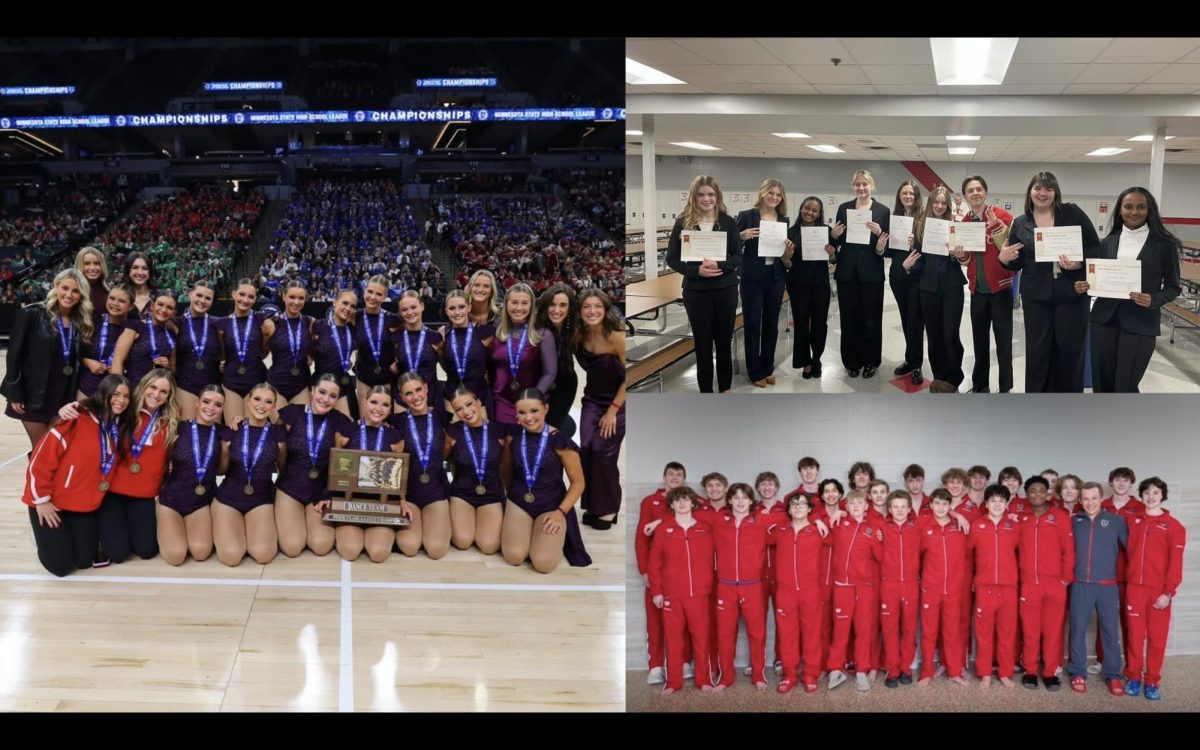




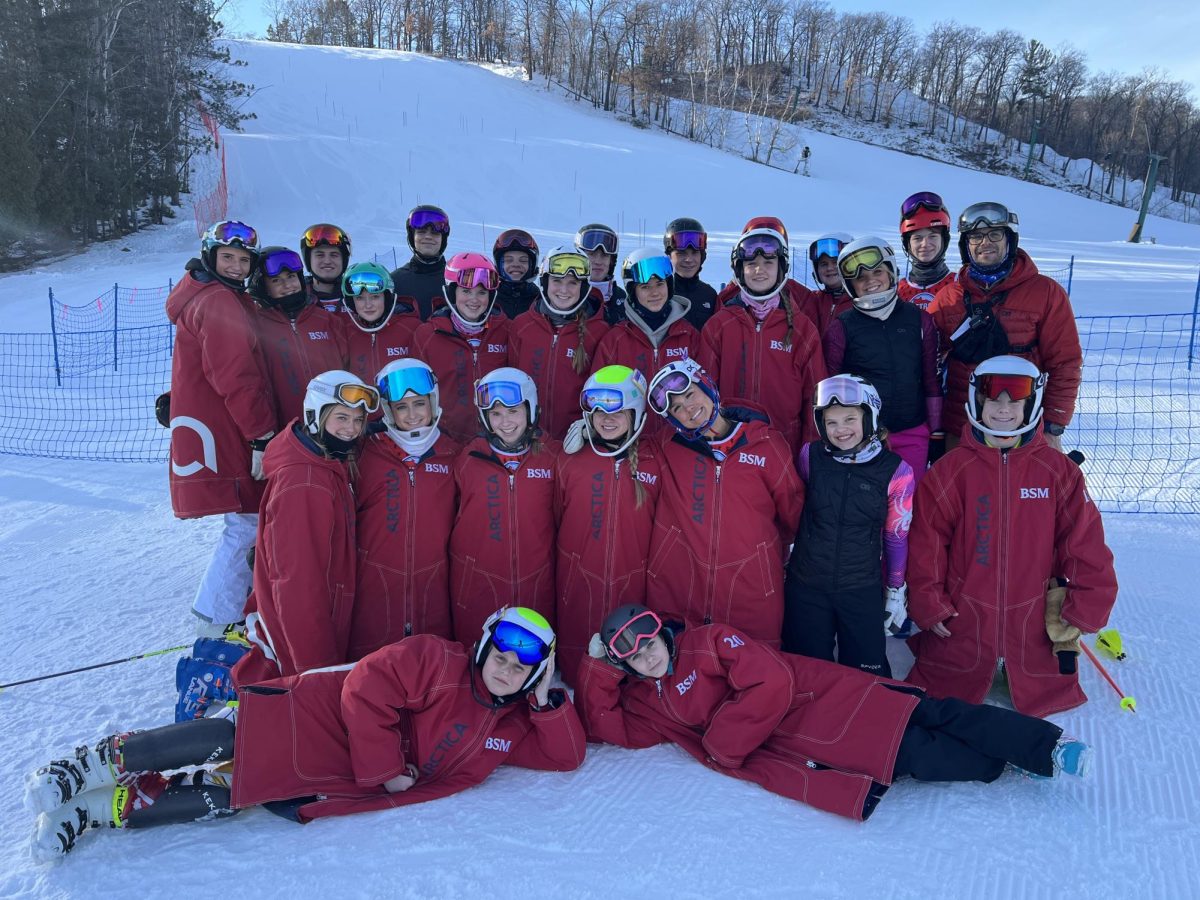








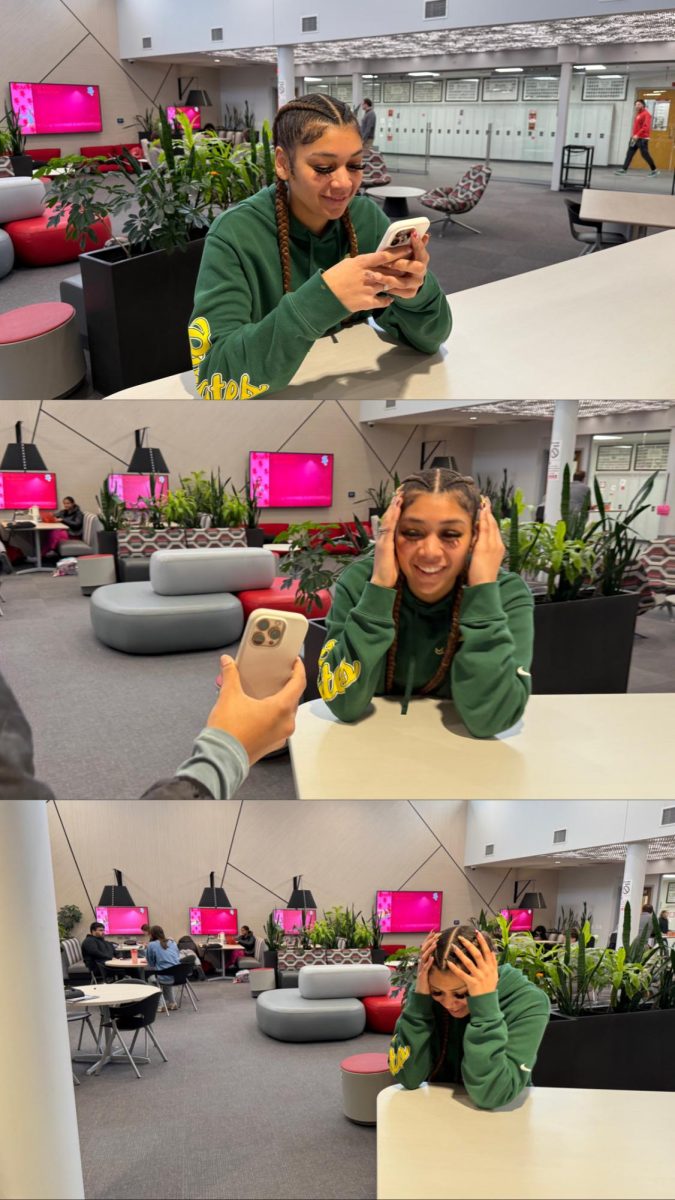



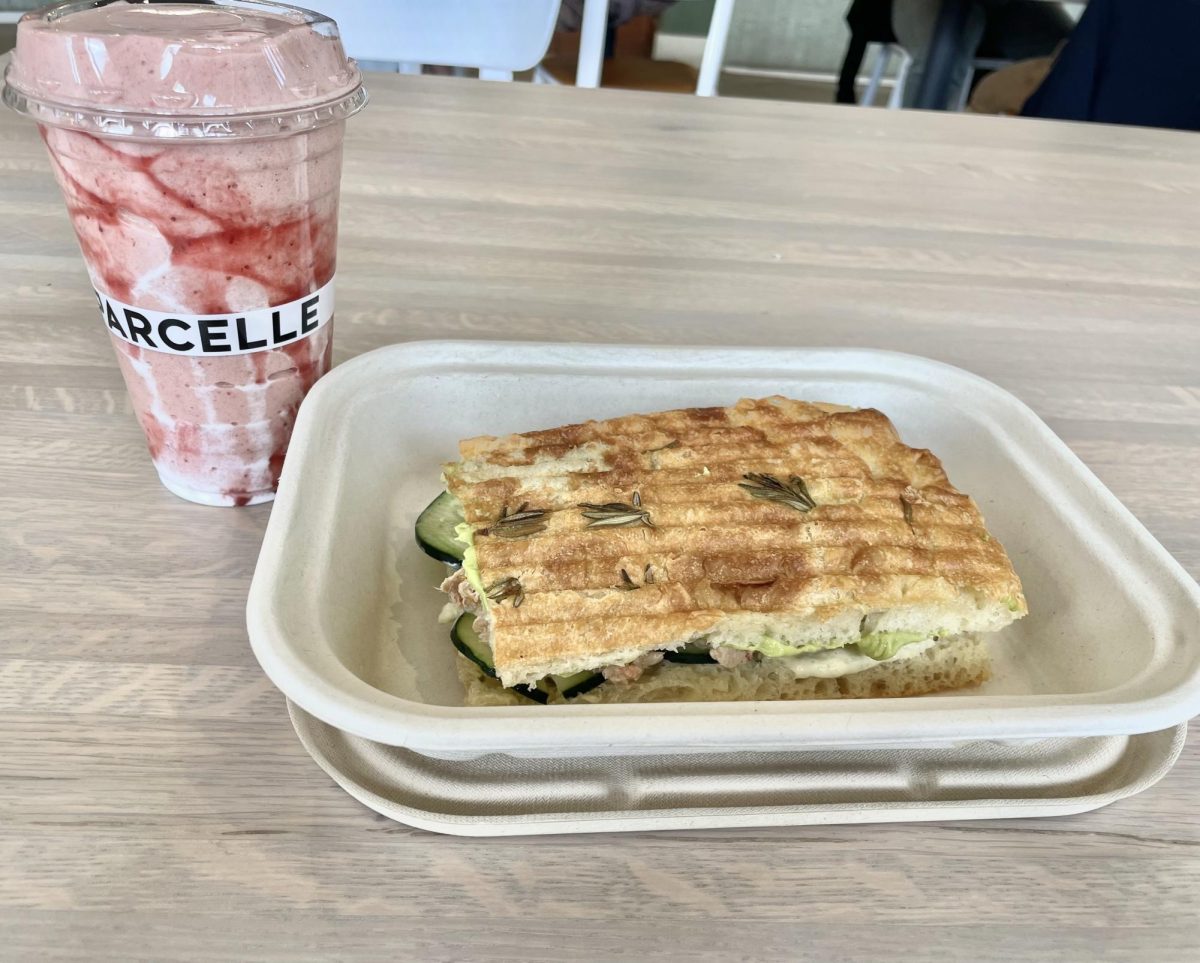
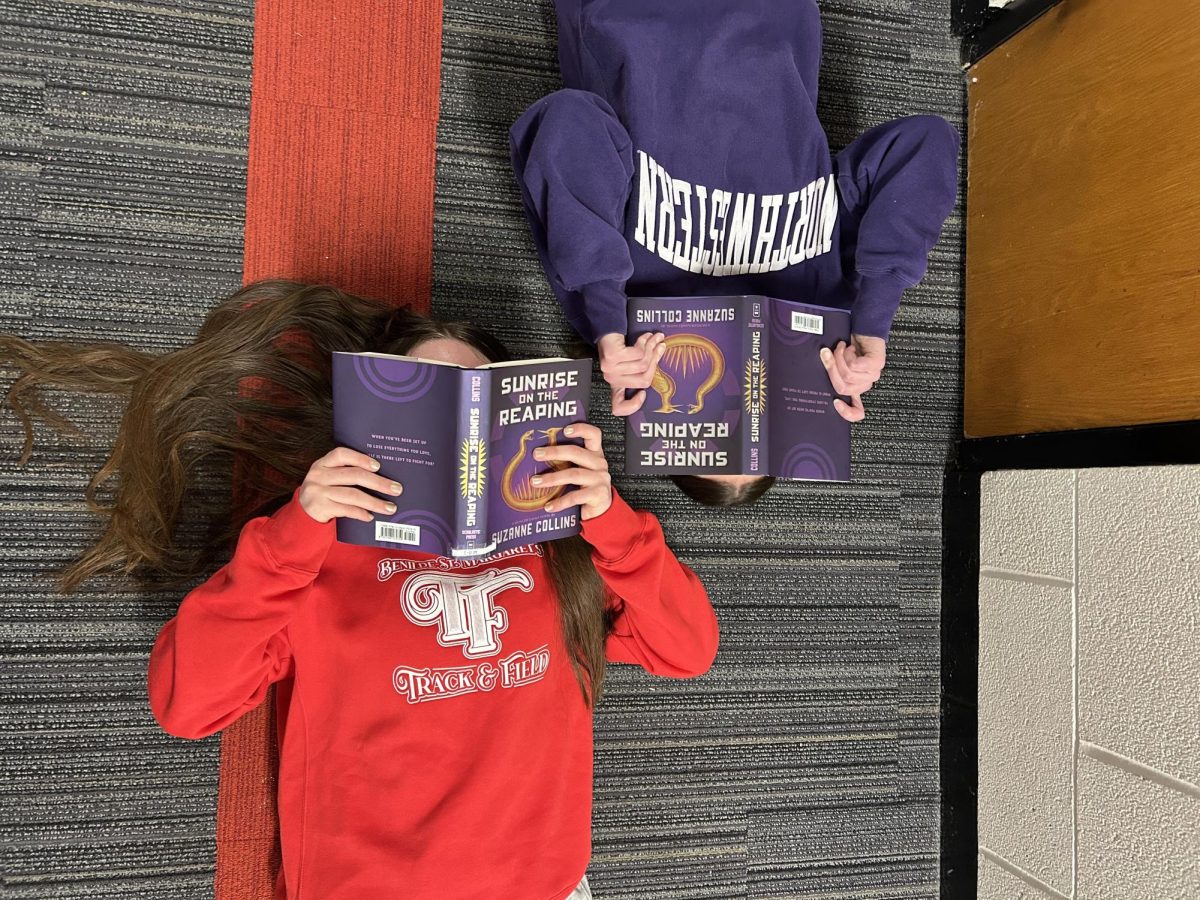






![Teacher Lore: Mr. Hillman [Podcast]](https://bsmknighterrant.org/wp-content/uploads/2025/03/teacherlorelogo-1200x685.png)





